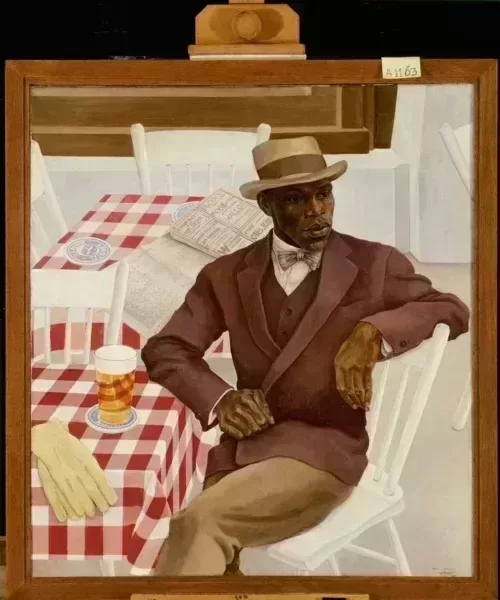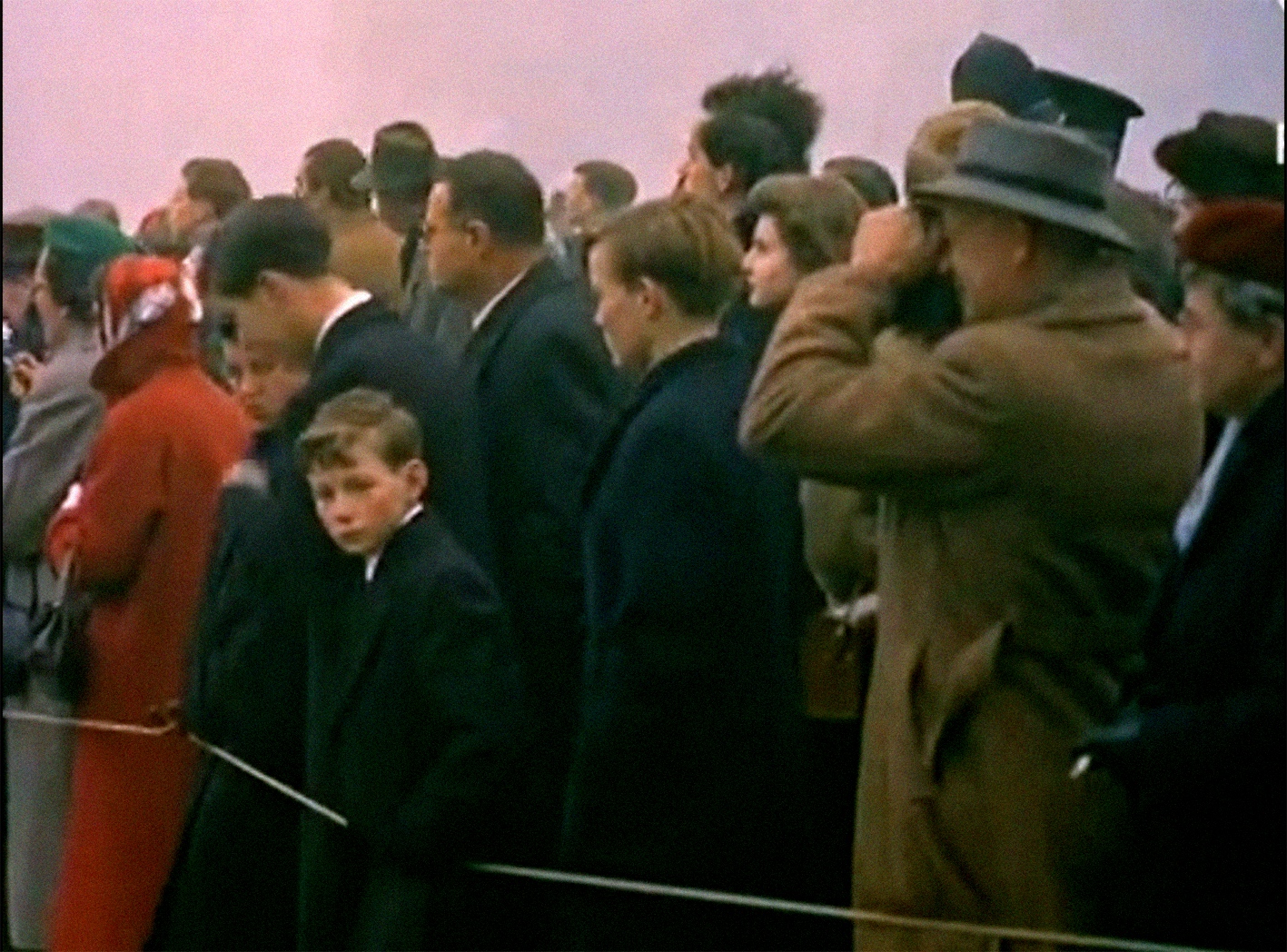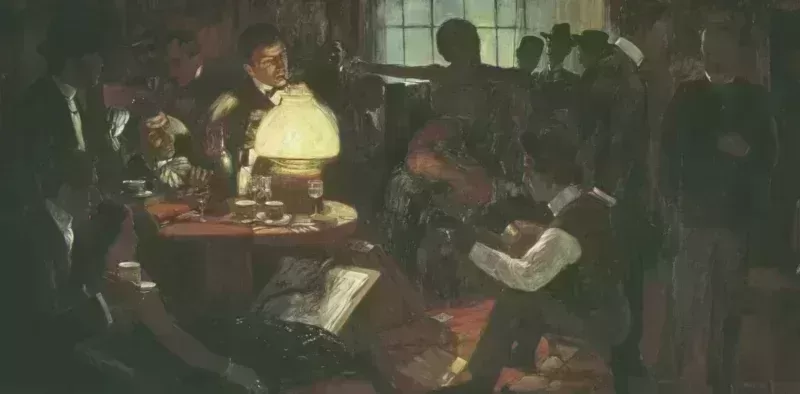Etymology
-

Gerard Croiset & the adventure of the psychic detective
published in
The clairvoyant Dutch grocer who charted the frontiers of parapsychology and lent a hand to the FBI. « Unbelievable but true! »
-

To see a city
published in
« What if all fictional characters from novels continue to dwell somewhere, just like the dead? » Sewn together, the fragmented narratives of Daniela Hodrová’s City of Torment (Trýznivé město) make something deeply European.
-

Ballad of a Homburg hat
published in
On racial metonymy and the art of misidentification. (Meanwhile: has a glass of beer ever been more crisply and deliciously depicted? Has the froth of a European pilsner ever looked so delectable?)
-

The prodigal half-rooster
published in
Maggie Nelson’s On Freedom and Lea Ypi’s Free spoke past one another from half a world away. But both ask whether freedoms mean anything if they are not practiced in public, and if they are not passed on — and whether the word « freedom » means anything at all.
-

Why we write
published in
A letter to George Orwell. « All narrative is hypnotic. Some narratives are more hypnotic than others. Because of you, we can be conscious of the kinds and the workings of the narratives that set out to deaden us, lessen us, make us lie, make us part of the lie. »
-

A messy optical process
published in
On orthodoxies & heresies of typography. To serif, or sans-serif?
-

The myth of 1922
published in
What does modern mean? In Brazil, it often meant an embrace of newness as the possibility of reinvention. In Modernity in Black and White: Art and Image, Race and Identity in Brazil, 1890-1945, Rafael Cardoso unravels the myth of 1922.
-

On the anti-poetry of « crowdfunding campaign »
published in
Kickstarting used to be something you did to an engine. To « kickstart » the European Review of Books makes it feel like we’re riding a motorcycle in World War I. But we only want peace!


